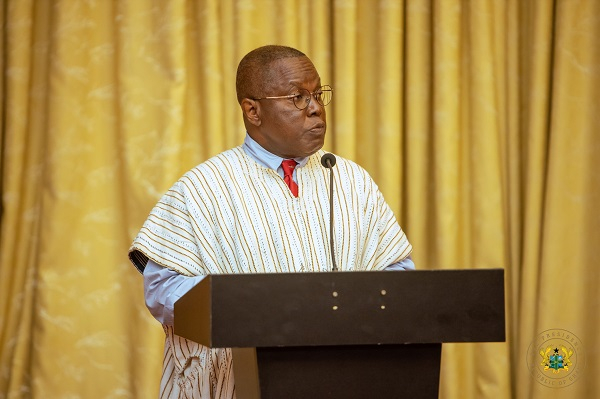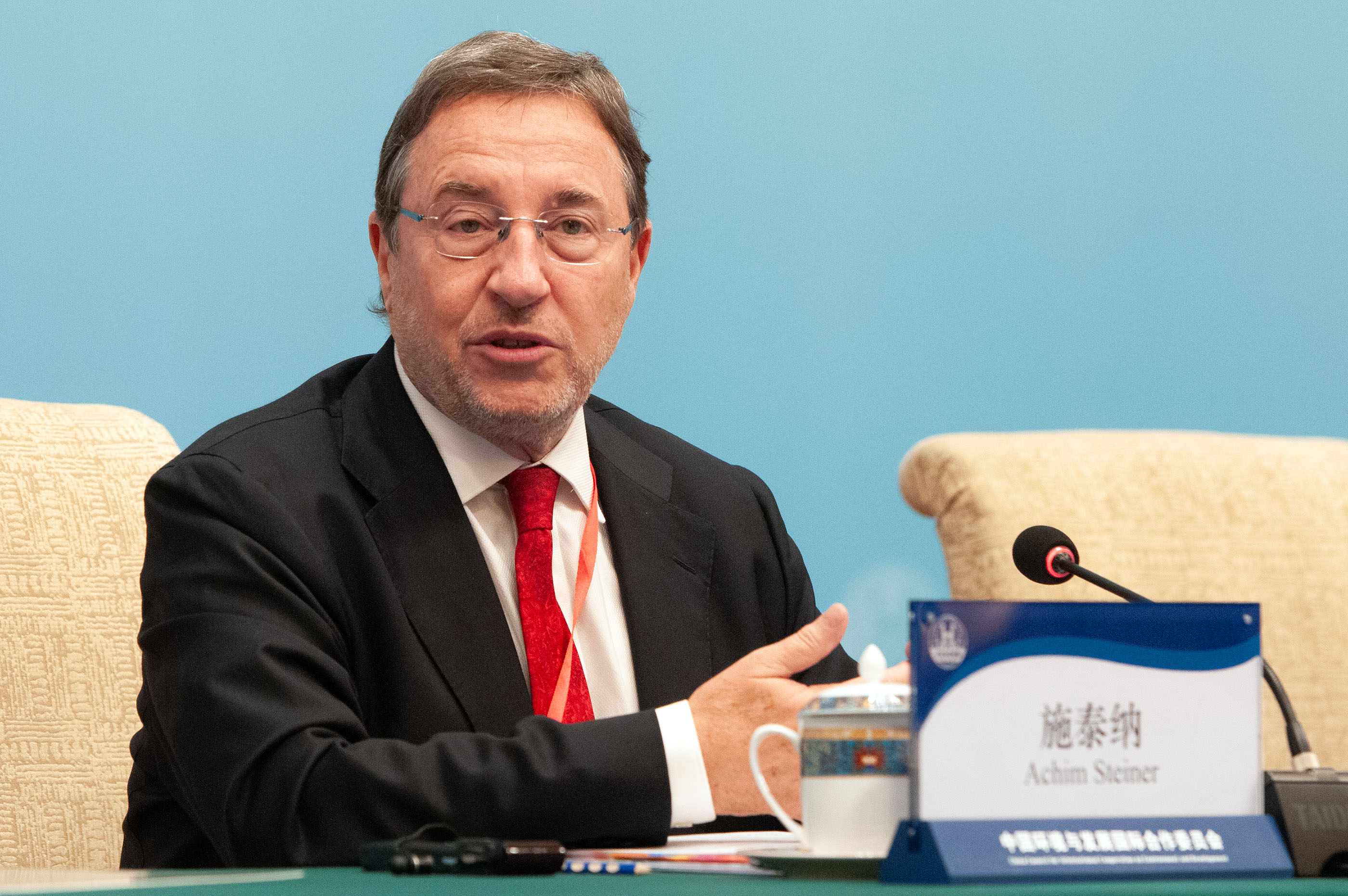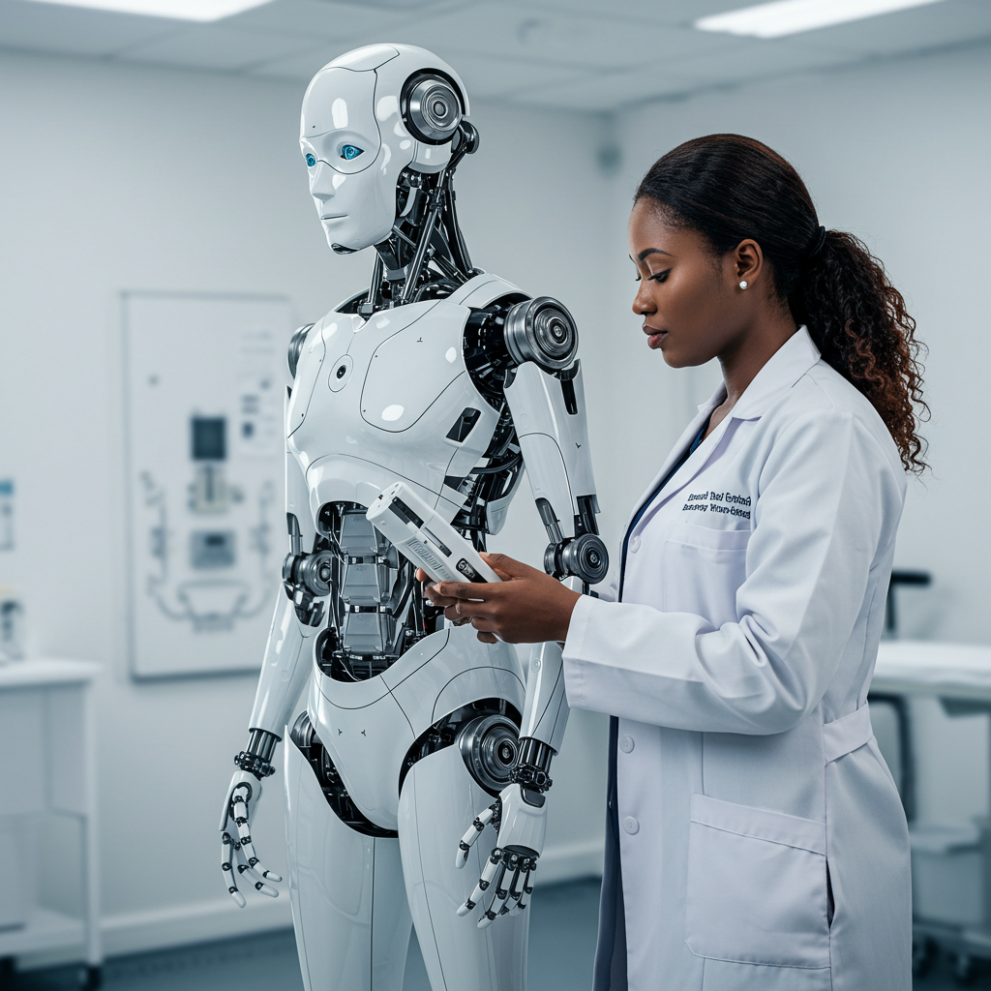Ghana hosted the launch of the 2025 Human Development Report at Accra’s Alisa Hotel, convening government representatives, academics, civil society leaders, and private-sector stakeholders to confront an unsettling reality: global human development progress has reached its slowest pace since 1990 when excluding the upheavals of 2020–2021. This deceleration spans every region, as indicators for health, education, and income, measured collectively by the Human Development Index (HDI), show only marginal gains, undermining the momentum toward the 2030 development agenda.
While traditional pathways to advancement falter, Artificial Intelligence (AI) emerges as a potential catalyst for renewal. Entitled, A Matter of Choice: People and Possibilities in the Age of Artificial Intelligence, the report emphasizes that ethical and inclusive deployment of AI could “reignite human development and open new pathways and possibilities.” Yet realizing this promise hinges on strategic policy choices that safeguard against exclusion and amplify AI’s benefits across all segments of society.
Survey findings highlighted in the report reveal that more than 70 percent of Ghanaians believe AI will enhance their productivity at work and foster new opportunities in sectors such as agriculture, education, and public service delivery.
This optimism underscores AI’s perceived capacity to modernize national systems, but it also spotlights critical gaps in internet access and digital infrastructure. Without investments to bridge these divides—particularly for rural communities and under–served youth, AI’s transformative potential may remain out of reach for large swaths of the population.

“ This year’s Human Development Report shows us that AI is reshaping the future of development. For Ghana, this means rethinking how we design policies—to protect data, expand access, and ensure that AI becomes a tool to empower people, not exclude them ”
Mr. Niloy Banerjee
Dr. Nii Moi Thompson, Chairman of Ghana’s National Development Planning Commission, delivered
the keynote address, stressing on the usefulness of AI and its ethical usage. “AI offers vast opportunities, but its deployment must be ethical and equitable, ensuring that its benefits are accessible to all socio-economic groups, not just a privileged few.” His remarks echoed broader concerns about the rising gulf between wealthier nations and those with lower HDI scores, as the report documents widening inequalities that threaten to reverse decades of convergence.
Achim Steiner, UNDP Administrator, sounded a dire caution: “If 2024’s sluggish progress becomes ‘the new normal,’ that 2030 milestone could slip by decades, making our world less secure, more divided, and more vulnerable to economic and ecological shocks.” His statement underscored the urgency of leveraging AI not as a panacea but as one component of a multifaceted strategy to revitalize human development globally.
The report outlines three critical areas for action: forging an economy where people collaborate with AI rather than compete against it; embedding human agency throughout the AI lifecycle, from design to deployment; and modernizing education and health systems to meet twenty-first-century demands. These pillars aim to ensure that AI augments human capabilities and that its governance rests on principles of fairness and accountability.


Pedro Conceição, Director of UNDP’s Human Development Report Office, closed the session with a reminder that “the choices we make in the coming years will define the legacy of this technological transition for human development.” He urged Ghana and its global partners to adopt forward-looking policies that harness AI’s innovations while safeguarding human rights and enabling all citizens to benefit from emerging technologies.
Ghana stands at a crossroads: it must reconcile the stark slowdown in human development with the unprecedented opportunities presented by AI. By investing in digital inclusion, enacting ethical AI frameworks, and modernizing core public services, the nation can chart a path that not only counters global deceleration but accelerates progress toward a more equitable and prosperous future for every Ghanaian. The decisions taken today will reverberate for decades, defining whether AI becomes a bridge to new possibilities or a catalyst for deeper divides.



